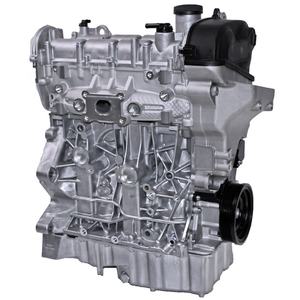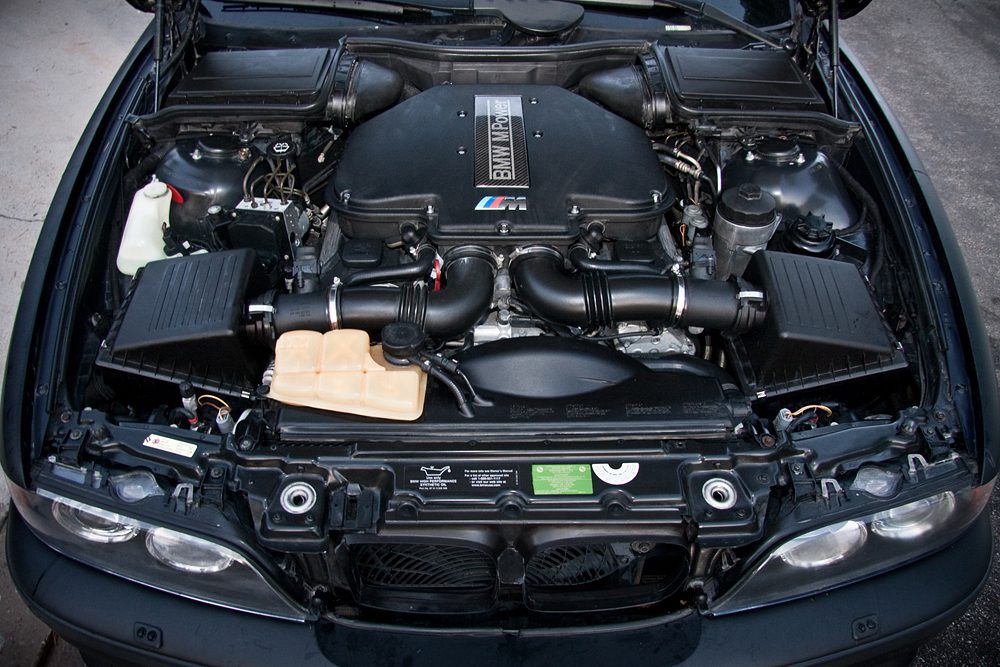Import Engines: A Comprehensive Guide to Discovering the Right Fit
Import Engines: A Comprehensive Guide to Discovering the Right Fit
Blog Article
A Thorough Comparison of Various Kinds Of Import Engines and Their Applications in Various Autos
As the auto market remains to advance, the option of engines for cars ends up being increasingly diverse, each offering special benefits and applications. From the effectiveness of turbocharged engines to the environmental friendliness of electric powertrains, the range of import engines available in today's market caters to a wide variety of driving preferences and needs. Whether it's the torque of a diesel engine or the unconventional design of a rotary engine, understanding the subtleties of each kind and just how they straighten with details lorry needs can dramatically influence efficiency, fuel economic climate, and general driving experience. By checking out the complexities of these import engines and their applications in various vehicles, a more clear image arises of the elaborate balance between modern technology, efficiency, and sustainability in the contemporary automobile landscape.
Turbocharged Engines
Turbocharged engines, recognized for their ability to improve power output effectively, have actually ended up being increasingly widespread in modern lorry styles. By making use of exhaust gases to drive a wind turbine that presses incoming air right into the engine, turbochargers efficiently raise the amount of air and gas mix that can be ignited, resulting in enhanced performance without substantially increasing engine size. This modern technology allows makers to downsize engines, causing far better fuel performance while maintaining power levels equivalent to larger, naturally aspirated engines.

Crossbreed Engines
With the innovations in engine modern technology helping with enhanced performance and efficiency, the automotive industry has actually seen a surge in the assimilation of crossbreed engines as a lasting remedy for power distribution. Crossbreed engines integrate the benefits of both internal combustion engines and electric motors to provide better gas effectiveness and decreased discharges. By perfectly changing between both source of power or using them simultaneously, hybrid engines provide versatility in various driving problems.

Furthermore, hybrid modern technology is not limited to a details automobile kind, with applications varying from compact cars to larger SUVs and also high-performance sports cars. As ecological concerns and gas effectiveness policies come to be increasingly famous, hybrid engines represent a considerable step towards sustainable transportation services.
Electric Engines
Electric engines have actually changed the vehicle market with their efficient and environmentally-friendly power distribution Going Here systems. import engines. These engines operate by transforming electrical power right into power, offering a quiet and smooth driving experience. Unlike traditional burning engines, electric engines generate absolutely no tailpipe exhausts, minimizing the total carbon footprint of automobiles and helping fight air pollution
One of the key benefits of electric engines is their high power performance, normally converting over 80% of the electrical power right into propulsion. This performance translates into cost savings for consumers with decreased fuel expenses. In addition, electrical engines require much less upkeep contrasted to internal combustion engines, as they have fewer moving components that can wear with time.
Electric engines are frequently used in electrical vehicles (EVs) and hybrid electric lorries (HEVs) EVs count only on electrical engines for propulsion, attracting power from rechargeable batteries. On the various other hand, HEVs incorporate electrical engines with typical inner burning engines to enhance gas effectiveness and minimize discharges. The convenience and sustainability of electrical engines make them an encouraging option for the future of transport.
Diesel Motor
Diesel engines are renowned for their phenomenal fuel effectiveness and durable performance in a range of auto applications. These engines operate by pressing air in the cyndrical tubes, which leads to high temperature levels that fire up the infused diesel gas without the demand for ignition system. This burning approach provides diesel engines with greater torque results compared to fuel engines, making them optimal for sturdy cars like next trucks, buses, and building devices.
One of the vital advantages of diesel engines is their exceptional fuel effectiveness, as they can travel farther on a gallon of fuel contrasted to fuel engines. This performance is specifically valuable for long-haul transport and business fleets, where lowering gas expenses is a considerable element. Additionally, diesel engines are recognized for their durability and long life, calling for much less maintenance over their lifespan contrasted to gas engines.
Recently, developments in diesel engine modern technology have actually likewise focused on reducing exhausts to satisfy stringent ecological guidelines. Modern diesel engines are equipped with advanced exhausts manage systems, such as diesel particulate filters and discerning catalytic reduction, which help decrease contaminants released right into the atmosphere - import engines. These developments have actually made diesel engines cleaner and extra ecologically friendly while preserving their performance and performance characteristics
Rotating Engines
Distinguished for their distinct layout and efficiency qualities, rotating engines use an unique choice to typical combustion engine modern technologies like diesel motor. These engines, likewise called Wankel engines, run on a different concept compared to standard piston engines. Rather see this site of utilizing pistons going up and down in cyndrical tubes, rotating engines make use of a triangular rotor that rotates in an epitrochoidal course within a chamber. This style causes a small engine with high power result relative to its size and weight.

Conclusion
To conclude, the contrast of various sorts of import engines highlights the diversity of alternatives readily available for different cars. Turbocharged engines provide increased power and performance, crossbreed engines combine traditional and electrical source of power for enhanced fuel economy, electrical engines supply a clean and lasting option, diesel engines are recognized for their longevity and torque, and rotating engines offer an one-of-a-kind style with potential for high efficiency. Each engine type has its very own staminas and applications in the automotive sector.
Furthermore, hybrid engines contribute to a quieter driving experience and commonly offer a smoother acceleration compared to traditional interior combustion engines.
Distinguished for their distinct layout and performance characteristics, rotating engines offer a distinctive alternative to typical combustion engine modern technologies like diesel engines. These engines, likewise recognized as Wankel engines, operate on a various principle compared to traditional piston engines. In spite of these constraints, rotary engines proceed to bring in lovers and suppliers looking for a various engine technology with unique benefits.
Turbocharged engines provide boosted power and efficiency, hybrid engines integrate typical and electric power resources for boosted fuel economic climate, electrical engines give a clean and sustainable option, diesel engines are understood for their durability and torque, and rotary engines use an unique design with capacity for high efficiency.
Report this page